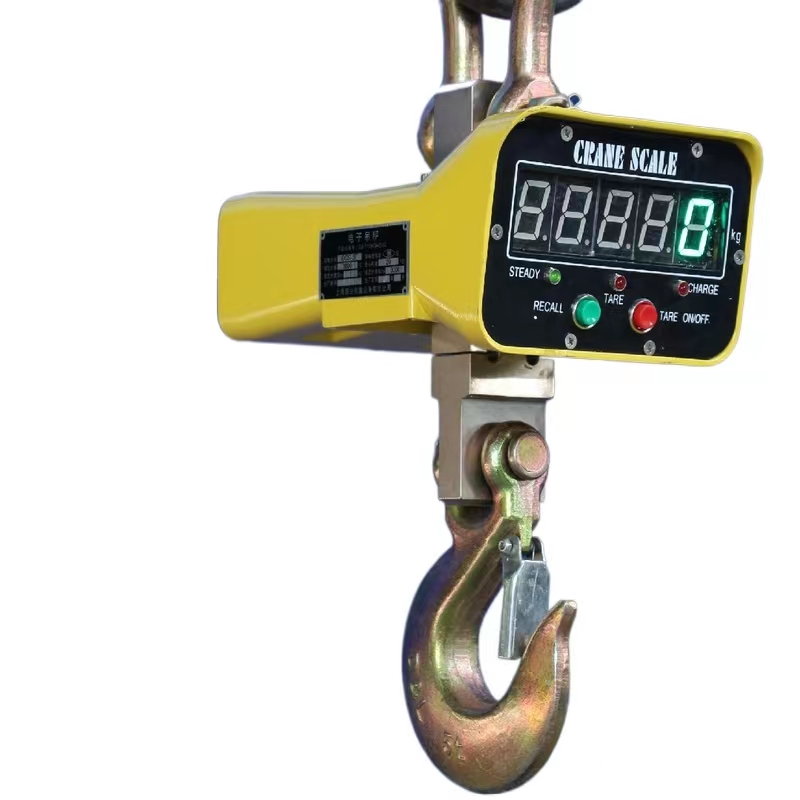


The Versatility and Strength of One Ton Chain Blocks
In various industrial applications, the one ton chain block has emerged as an indispensable tool for lifting and maneuvering heavy loads. With its remarkable blend of strength, versatility, and reliability, this equipment is integral to construction sites, warehouses, and manufacturing facilities worldwide. Understanding the functionality and benefits of one ton chain blocks can greatly enhance operational efficiency and safety in handling heavy materials.
A chain block is a type of hoisting device that utilizes a chain mechanism to lift or lower heavy objects. The one ton variant indicates its lifting capacity of up to 1,000 kilograms (or approximately 2,200 pounds), making it suitable for a diverse range of tasks. The robust construction of these chain blocks ensures long-lasting durability, often featuring hardened steel components that resist wear and tear under heavy use.
One of the primary advantages of using a one ton chain block is its efficiency in lifting heavy loads in confined spaces
. Unlike traditional hoisting methods that may require bulky equipment or cranes, chain blocks can be used in tight areas, making them ideal for indoor operations or places with limited overhead space. Their portability also allows for easy relocation around work sites, providing flexibility to operators.Moreover, the design of chain blocks promotes safety. They are equipped with features such as automatic brakes and safety latches, which prevent accidental drops or failure during operation. Additionally, many modern chain blocks are designed with ergonomic handles and lightweight chains, reducing the physical strain on operators. This focus on user-friendly design is essential, as it minimizes the risk of accidents associated with lifting operations.

The versatility of one ton chain blocks extends beyond just lifting; they can also be used for various applications such as positioning, adjusting, and securing loads during construction or maintenance work. This adaptability makes them a valuable asset not only in construction but also in engineering and automotive industries, where precise handling of components is crucial.
Furthermore, maintenance of one ton chain blocks is relatively straightforward, contributing to their long lifespan. Regular inspection and lubrication of the chains and gears can help prevent breakdowns and ensure smooth operation. This ease of maintenance makes them an appealing choice for business owners looking to invest in reliable equipment without incurring excessive upkeep costs.
Environmental considerations also play a significant role in the appeal of chain blocks. Many manufacturers are now utilizing eco-friendly materials in their production processes, reducing the overall carbon footprint of these tools. Additionally, the energy efficiency of manual chain blocks means that less power is consumed in everyday operations, further supporting sustainable practices in industries.
In conclusion, the one ton chain block stands out as a vital tool in many sectors that require safe and efficient lifting solutions. Its robust design, safety features, and versatility make it an excellent choice for handling heavy loads in various settings. As industries continue to evolve and demand more efficient technologies for material handling, the one ton chain block is likely to remain a trusted option for countless applications, providing both strength and reliability in the face of demanding tasks.



